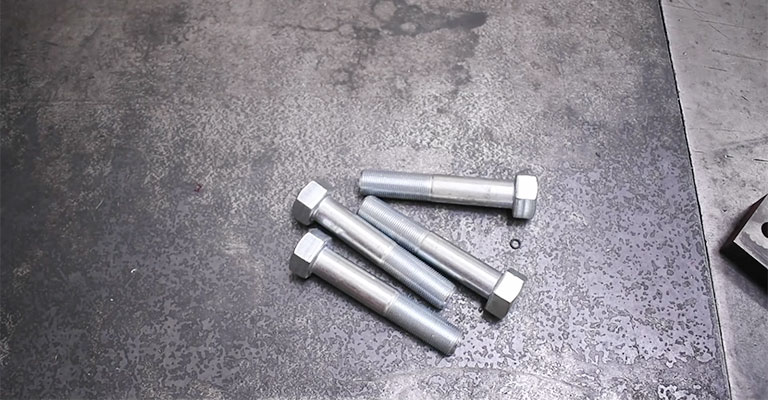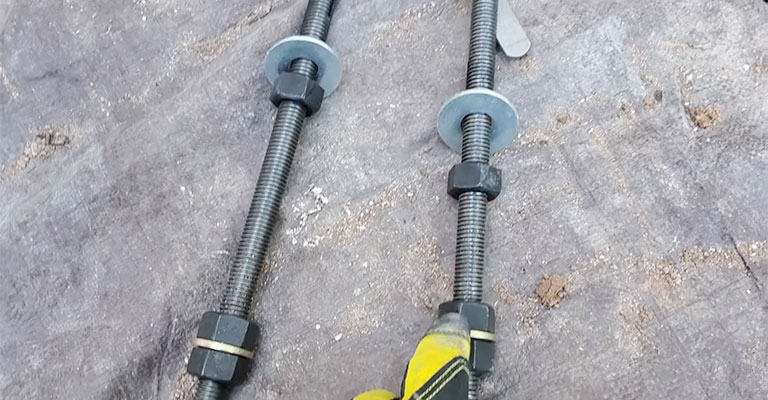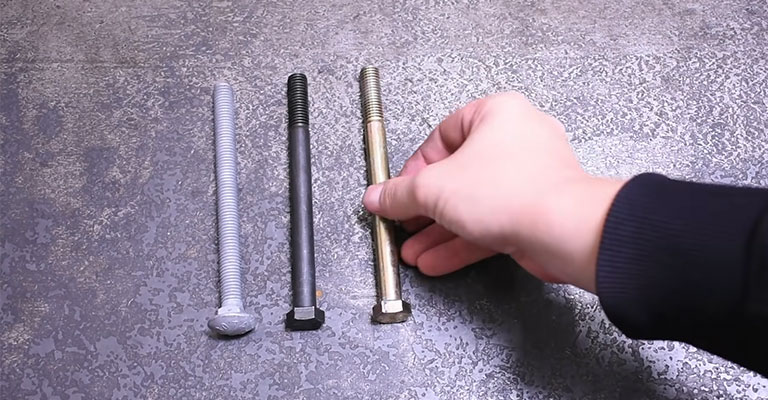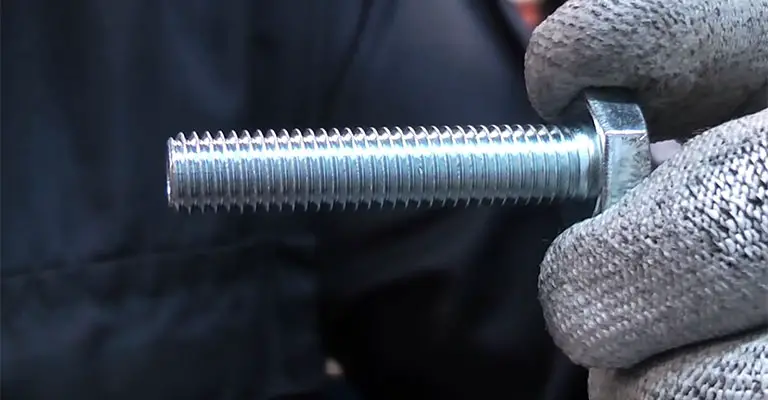Stainless steel is one of the most popular materials used for fasteners, especially in the automobile industry. However, First-timers often find that all of them come with different grades. The most common ones are grade 5 and 8 bolts. But what’re the differences between grade 5 vs. grade 8 chassis hardware bolt grades?
To understand their differences, you need to learn the basics. Fasteners’ grades refer to the alloy mixtures and hardening process. The durability, sturdiness (torque capacity), etc., depending on the grade level, can vary.
For automobile enthusiasts, it’s essential to know the quality of the secondary market’s hardware parts. Having this info helps you understand which grade of bolts or nuts you need to repair or customize your vehicle.
In this article, I’ll share the necessary information about bolts’ grades, which one you should pick between the 5 and 8 grades, and why.
“Fasteners are also made of silicone bronze, brass, aluminum, molded plastics, etc. But most automobile fasteners are stainless steel.”

All Grades in Chassis Hardware Bolts – From 2 to Alloy Steel
There are mainly four categories of steel bolt grades – grade 2, 5, 8, and alloy. Without them, you might’ve seen some other categories. However, those are not vastly used. Let’s take a look at how and why these grades are different.
Grade 2 Bolts

It’s the most widely used graded bolt with a flat head. Depending on the manufacturer, they can have either galvanized or zinc coating, which protects the bolts against rust and corrosion. Average grade 2 bolts have a 60,000 to 75,000 psi rating.
Except for this, you may find a carved logo of the manufacturer on the body. If talking about the pricing, these are the inexpensive ones.
Grade 5

Having more hardened craftsmanship makes grade 5 steel much more robust than its lower grade. They can handle up to 120,000 psi on average (starting from 105,000 psi.)
Because of the three radial lined heads (common and matching with standard fasteners), they’re vastly used in vehicle customization and repair.
“Grade F nuts are the perfect match and most frequently used with this kind of bolts.”
Grade 8
Another automobile bolt type is grade 8. Unlike others, they’re mainly used in connecting more sensitive and bigger parts of vehicles, such as suspension.
Without regular automobiles, they’re also used in marine, military, and off-road vehicles. Also, they’ve got a better tensile strength (150,000 psi), making them perfect for heavy-duty uses.
“G-graded nuts suitable to use with grade 8 bolts.”
Alloy Steel

Among all steel-made bolts, alloy steel has the maximum variety of composition. Typically, they are composed of molybdenum, nickel, and chromium. They also have separate grading classes like AISI 4030, 4137, 8630, etc.
Alloy steel bolts are preferable mainly for attachments inside vehicles where the temperature remains low.
“Though alloy steel fasteners are heat treated and strong, they’re also brittle after years of use.”
Grade 5 vs. Grade 8 – Which One Is Better?
Let’s look at the quick comparison chart below to find out which steel bolts are better between grades 5 and 8.
| Differentiation factors | Grade 5 | Grade 8 |
| Suitable applications | Medium | Heavy-duty |
| Tensile strength (psi) | 105,000 to 120,000 | 130,000 to 150,000 |
| Sizes | ¼ to 1.5-inch | ¼ to 1.5-inch |
| Head | 3-line carved | 6-line carved |
| Availability | Common | Less common |
So, indeed, there are some significant differences between both types of bolts. If considering the sturdiness and torque holding capacity, grade 8 bolts are far better than grade 5, although they’re made for different levels of jobs.
Frequently Asked Questions
Can I use a grade 8 nut on a Grade 5 bolt?
You can use a grade 8 nut on a grade 5 bolt, but there can be serious consequences afterward. Even though the sizes of the bolts and nuts fit in perfectly, because of their tensile strength, they’ll be brittle and can cause accidents later.
How can you tell if a Grade 8 bolt is a Grade 5 bolt?
To identify which grade of bolts you got, look at the head part. All English bolts have radial lines on their head, except for grade 2 (which doesn’t have lines.) If it has 6 lines, it’s a grade 8 bolt. And if it has 3 lines, it’s a grade 5 bolt.
How do I choose a bolt grade?
You’ve to choose bolt grades based on the tensile strength required for the application. In automobile parts, usually, it’s written on the label with psi ratings for suitable bolts.
Is Grade 8 the strongest bolt?
If comparing the standard bolts, grade 8 is the strongest in the market, especially the ones with the galvanized coating.
Conclusion
The wrap-up of this grade 5 vs grade 8 chassis hardware bolt grades discussion is that both are different with specs. Grade 8 chassis bolts are more potent than grade 5. However, you’ve to choose bolts based on the application.
If it requires bolts with a higher tensile strength above 150,000 psi, go for grade 8. And use grade 5 if it requires 105,000 to 120,000 psi.
Leave a Reply